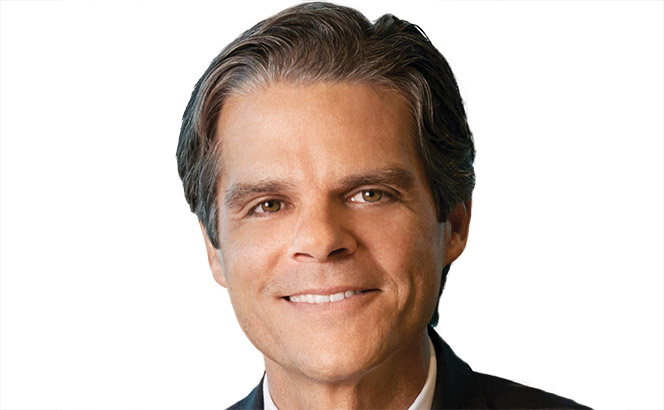Despite starting the financial year by reducing partner drawings in response to the pandemic as well as other cost-cutting measures, Reed Smith has unveiled a respectable set of results that saw global revenue rise to over $1.3bn.
Overall revenue increased 5% from last year’s $1.25bn to $1.31bn this time around, while revenue per lawyer jumped 4% from $778,000 to $811,000. However there was a striking 16% uptick in profit per equity partner (PEP) from $1.3m to $1.5m which, combined with the firm’s 48 lateral partner hires in 2020, underlined the robustness of the results.
Reed Smith global managing partner Sandy Thomas told Legal Business that London-specific financials were flat on last year, but emphasised ‘London’s capabilities, resources and contribution to the firm’s overall performance was incredible’. He added: ‘The baseline performance of the firm is built on our expertise in key sectors. With that in mind, the relevance of London is huge.’
Among London’s headline contributions in the past year, disputes partner Peter Hardy advised on one of the very first fully virtual trials in April, in a $530m multijurisdictional Commercial Court dispute. In other key mandates globally, in the US the firm advised Microsoft on its buyout of telecoms business Metaswitch Networks.
The firm can certainly be forgiven for being overcautious when the pandemic hit a year ago, but even in context the firm’s 40% reduction in monthly drawings for equity partners and 15% cut for fixed share partners seemed particularly austere. This was in addition to other austerity measures, including pay cuts for lawyers and staff, reductions in working hours, furlough and redundancies.
Thomas commented: ‘We did what was best for Reed Smith at the time, rather than stick our fingers in the air and follow the industry. We were among one of the first firms to go fully remote, across all our global geographies. I didn’t account for the speed at which the firm successfully pulled together.’
Thomas concluded: ‘I feel optimistic for 2021. Our global transactional pipeline looks very good, and there’s already a high level of contentious work in all our regions. But time will tell.’














